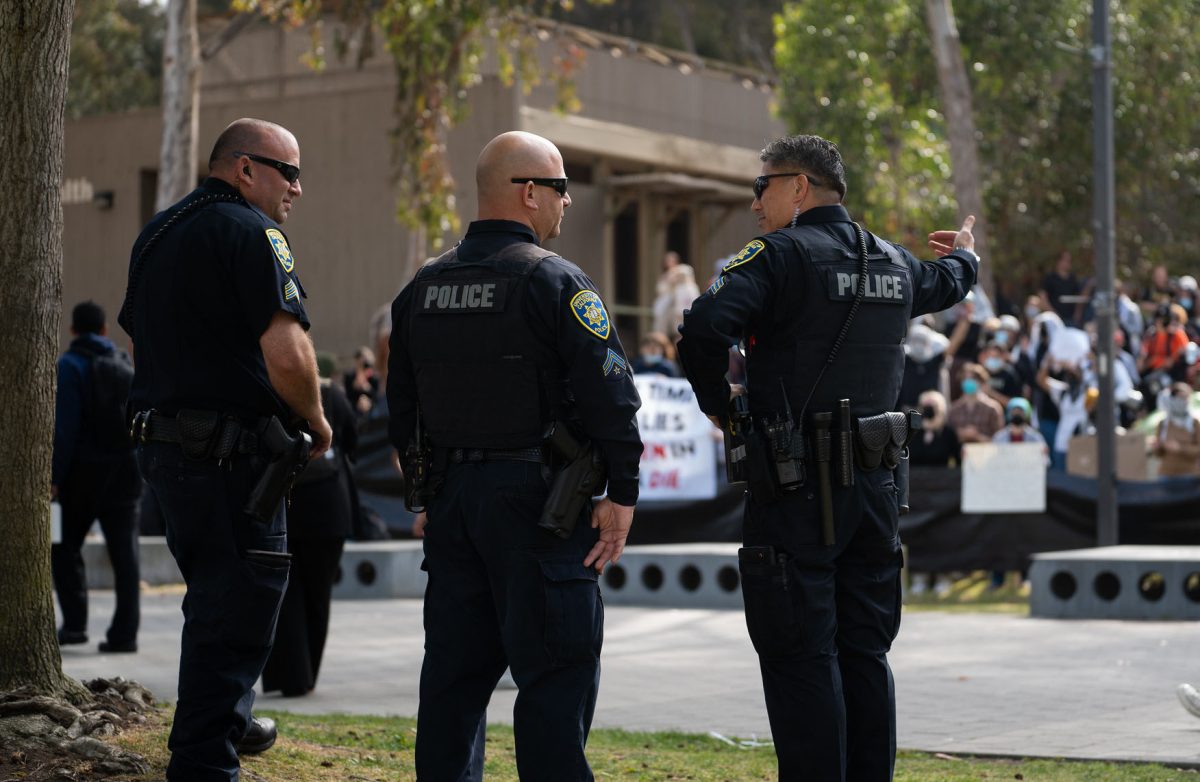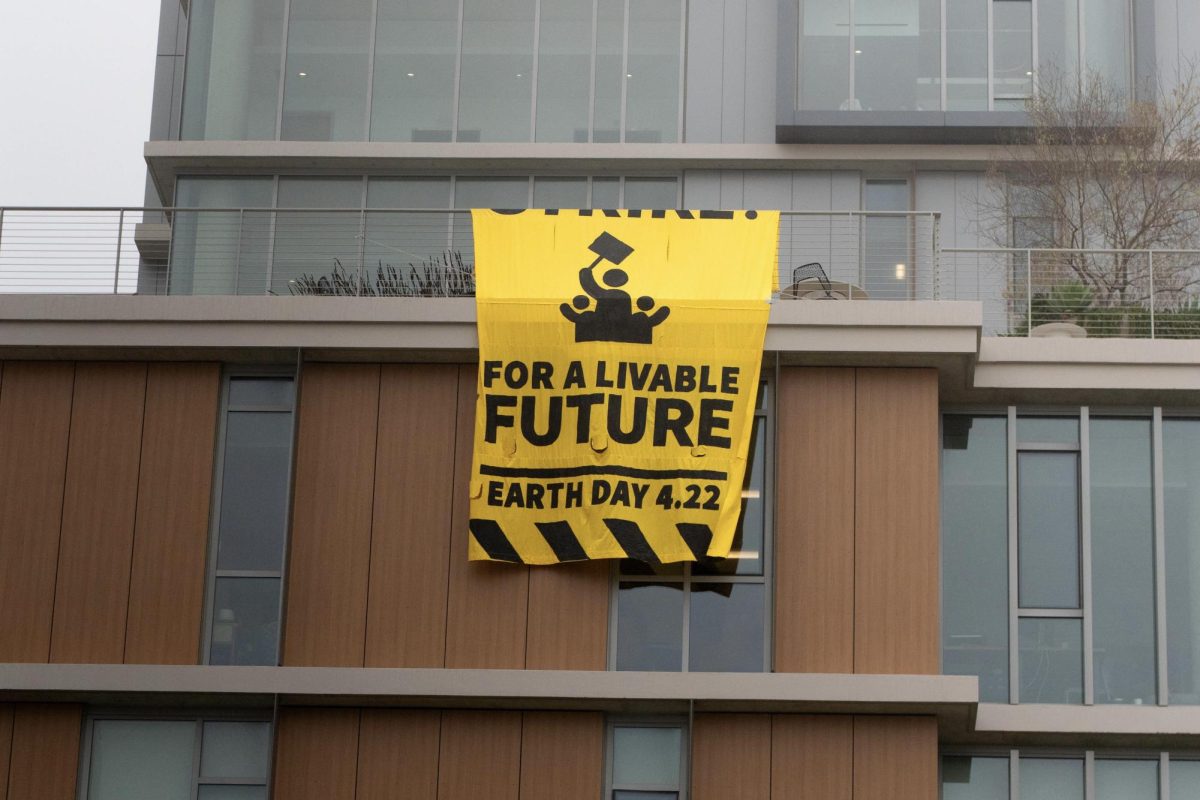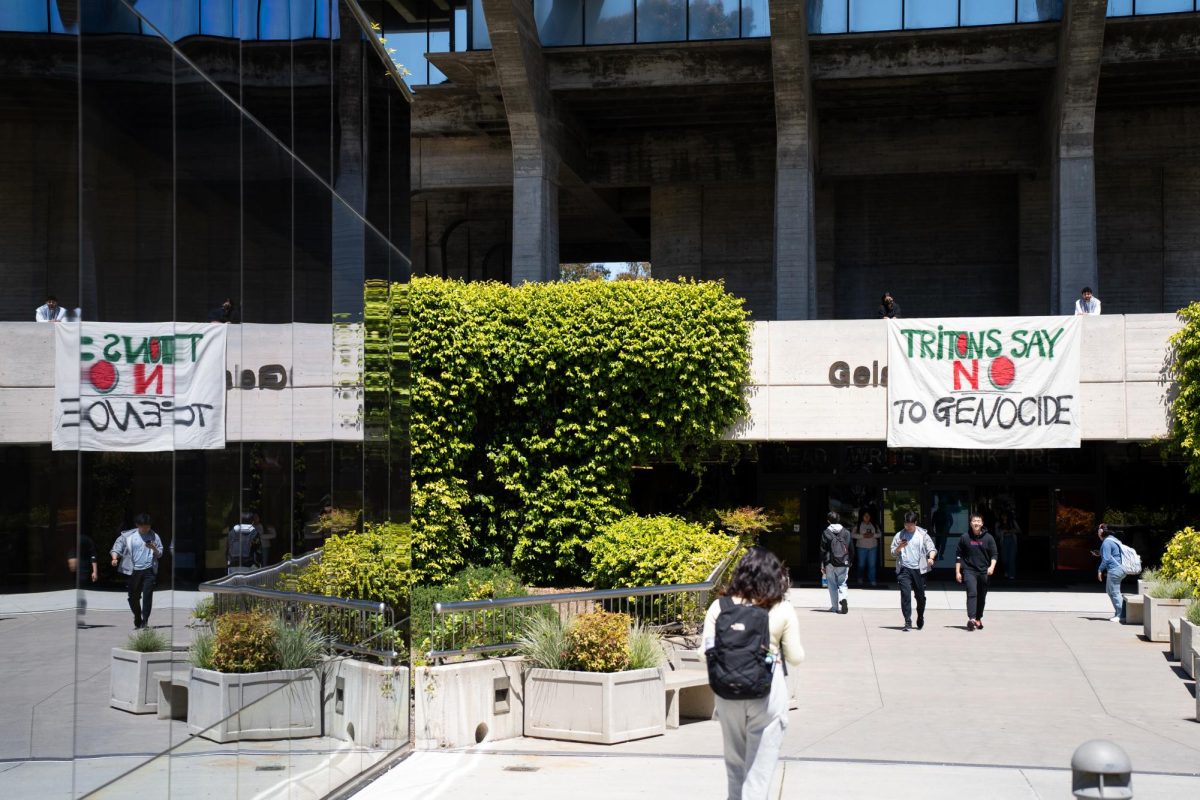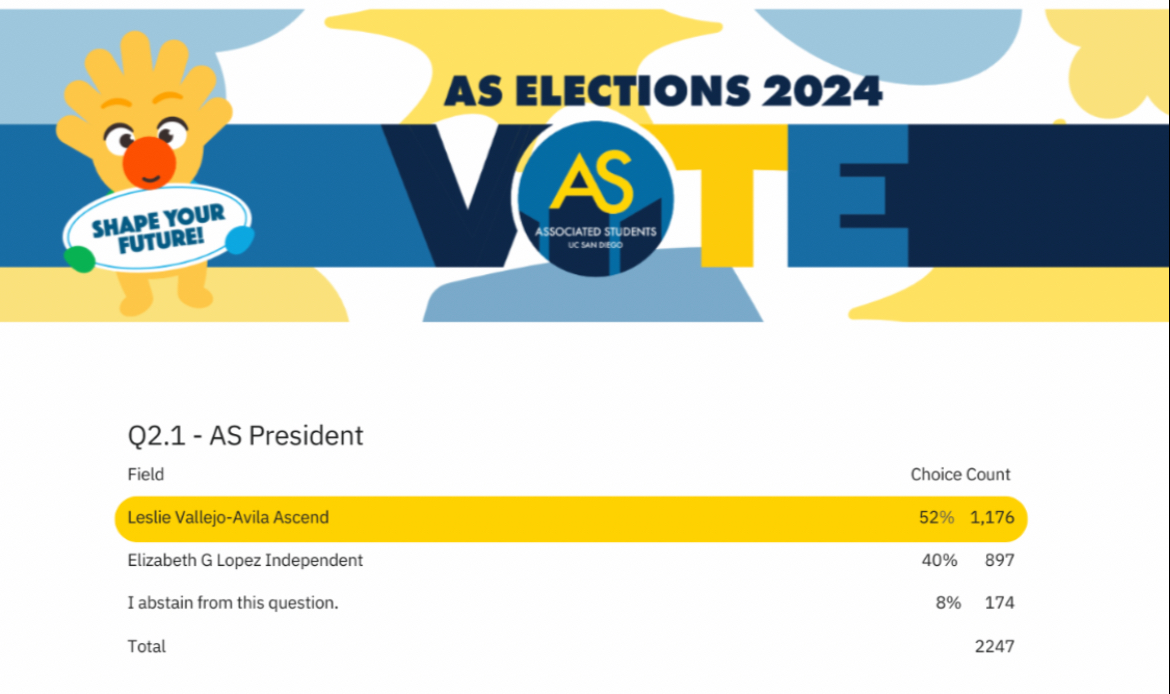
In less than two hours last night, the A.S. Council voted 17-2 to shut down the Grove Cafe, effectively ending a 24-year saga that included numerous attempts to revitalize the struggling eatery.
The decision comes a year after the previous council voted last June to continue operating the coffee shop, which was $140,000 in debt at the time. However, despite ongoing renovations and a much-hyped reopening this Winter Quarter, the business has increased its debt over $35,000, to a total of nearly $180,000.
According to both Vice President of Finance and Resources Andrew Ang and Associate Vice President of Enterprise Operations Brian McEuen, the Grove would need to make a daily profit of $925 to cover its operating costs alone. However, since reopening in January, the business has only made an average of $525 each day.
“I would say that the whole process and attempt to revitalize the Grove failed,” Ang said. “It was a good effort, and there were plans, but at the moment there is definitely nothing else we can do. It’s too much in debt for us to really do anything right now.”
McEuen said the cafe was closed because its high debt and competition decreased the likelihood that it would bring in the necessary profits to operate sustainably.
“We are subsidizing the Grove,” McEuen said. “To cover the debt, we would need to make over $2,000 a day to cover our debt next year. With all the coffee and sandwich businesses on this campus, that’s not going to happen.”
The legislation to shut down the Grove — which was sponsored by McEuen — called for the eatery to officially close on June 30. In order to close the venue, the council must pay the unresolved debt with money from its reserve funding and other enterprise income. The council has yet to develop an official debt repayment plan, but will no longer need to account for extra Grove expenses in its official 2010-11 budget.
A few councilmembers were concerned that the council’s quick decision neglects the Grove’s long history. Former A.S. President Utsav Gupta released a statement on the A.S. listserv two hours following the decision, condemning the council’s actions.
“The Grove has been a campus establishment for over two decades,” Gupta said in the statement. “The council moved to eliminate it in a little over 24 hours. There was no public input offered through public forums, I doubt anyone who worked at the Grove was notified, and there was no committee process to review the fiscal performance of the Grove.”
The decision to shut down the Grove came on the heels of the council’s repeated efforts to make the business profitable. This year, former VP of Finance and Resources Peter Benesch and former AVP of Enterprise Operations Rishi Ghosh began plans to make over the cafe with renovations to the facilities, new equipment for the kitchen area and a reopening event — costing approximately $6,000 — that offered free food for four days.
“There’s some basic simple things that could be changed about the business model that could make the Grove a profitable, if not at least self-sustaining business venture,” Benesch said. “For that reason, I argued for keeping the Grove open this past year. Myself and Rishi [Ghosh] put in an incalculable amount of time to revitalize the Grove, but the enterprise is still failing and there’s really no help for it.”
Ghosh said that, despite all the efforts, the Grove still experienced a significant decrease in sales that he believes can only be attributed to embezzlement or poor customer service.
“I cannot think of any rational explanation of this apart from someone skimming money off the top of the accounts to the point where they’re taking out a large percent of the money,” Ghosh said. “It’s also likely that people weren’t coming back due to poor customer service.”
Benesch and Ghosh agreed that Grove’s current student-run business model was another major factor in the Grove’s failure.
“The Grove kind of operates on the co-op model,” Benesch said. “The employees feel a lot of ownership over the space, and that’s fantastic. I would have no problem with that if it was a self-sustaining venture, but it’s not. It’s a liability for the Associated Students.”
Ghosh added that the sense of proprietorship the student managers feel may have compromised their ability to operate the Grove as a business.
“I would say that there’s definitely a reluctance from the student workers to think critically about the issues [facing the Grove] and to actually reform themselves,” Ghosh said. “I think they were much happier without any sort of accountability to themselves or the general student body.”
The Grove’s lack of prominence on campus is represented by a survey councilmembers conducted Winter Quarter, after the reopening. Of the 1,600 students who participated, 42 percent said they do not go the Grove and 24 percent said they do not know about the Grove.
Ang and McEuen used these statistics, combined with the Grove’s decreasing sale numbers, to urge councilmembers to vote to close the cafe.
“I know a lot of people will be voting on what was, but please separate from what was and look to the future,” Ang said. “It’s been failing and it’s going to keep failing. Do we want the debt to grow to $200,000, $250,000 or over $300,000? Look at it from a financial point of view.”
Only two council members voted not to close the Grove, saying that they hoped instead to hold off handing over the space to University Centers and replace the cafe with a new business venture.
“Our A.S. Council has the potential to grow so much,” President Wafa Ben Hassine said. “We are a new council and we have yet to see our potential. At least for the time being, I think we should hold off on handing over the space.”
However, the Grove’s contract states that its space agreement is contingent upon it offering “limited food service.” Thus, if the council were to replace the Grove with a different business, the contract would be terminated regardless.
Upon the Grove’s official June 30 closure, the space will be returned to University Centers. As a part of the vote to close the Grove, the council created a committee — proposed by Campuswide Senator Elizabeth Elman — to discuss potential alternative business ventures that could replace the Grove’s in its current location. However, such proposals would require approval by the University Centers Advisory Board and University Centers administrators — a lengthy process that requires significant market research.
The committee to explore alternative enterprises for the Grove will consist of three council members, and will report its findings within the first two weeks of Fall Quarter 2010.
Councilmembers who supported closing the Grove said they hope to instead focus efforts on the A.S. store, which will be opening next year.
“As an A.S. and as a business-owning entity, it’s fiscally irresponsible for us to keep the Grove,” Ang said. “We’ll also be opening the A.S. store next year, so we also have to divert our resources there, to an enterprise that will most likely be successful and one that will not have the financial downfall that the Grove has right now.”
Readers can contact Ayelet Bitton at [email protected].







